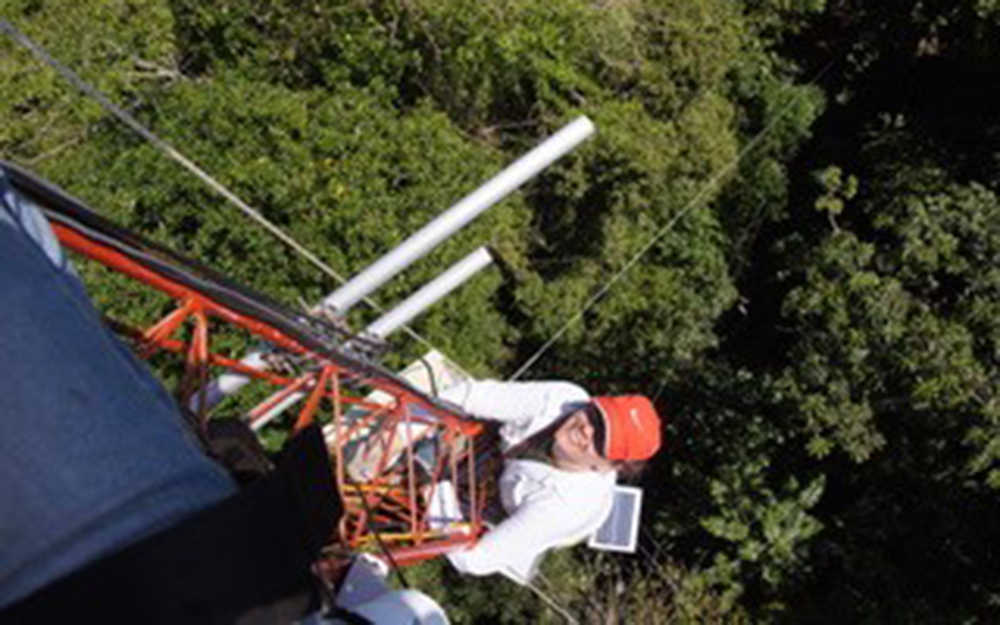FSU Geography draws on spatial and human-environment traditions to explain our rapidly changing world with deep concerns for sustainability and interdisciplinary thinking that combines social, ecological, physical, and economic knowledge.
We apply a wide array of conceptual perspectives and methodological techniques to address problems of significant societal importance. Faculty and students identify with one or more of five thematic clusters:
- Cities and Urban Flows: To better understanding the processes that shape the growth and development of cities, at scales ranging from the individual to the region, with a particular emphasis on human and material movements and interactions across space and time. Themes of accessibility, social justice, and sustainability are explored in recent faculty research on topics such as urban land-use change, the jobs-housing balance, waste and sanitation, intra- and inter-metropolitan transportation and communications networks, the role of the city in fostering cultural identities, and the integration of environmental issues into urban geographic education.
- Urban GIS and Remote Sensing: To develop remote sensing and GIScience theories and technologies in the study of the urban environment. We are interested in understanding the structure and evolution of cities, themes of space, time, and visualization. We use traditional maps as well as digital geospatial technologies and social media that enable new forms of visualization, and emerging qualitative GIS analytics. We are also engaged in broader environmental remote sensing as evidenced by recent local and international work in landscape change, natural hazard assessment, and environmental sustainability.
- Climate Change, Risk and Society: To better understand how climate change is poised to reconfigure relationships between people and the biophysical and built environments on which they depend. Our research addresses the physical processes that underpin climate change, as well as the impacts of climate change on households and communities, public health, local economies and natural habitats including quantifying the increasing intensity of the strongest tropical cyclones worldwide, examining the impact of coral bleaching on fishing and tourism, and investigating the effects of extreme heat events on neighborhoods and households.
- Biodiversity, Conservation, and Management: To better conserve and manage terrestrial and marine ecosystems in the face of global change. We work to understand the distribution of species, communities, and habitats across space and time, the services they provide, and human impacts on natural systems with the aim of informing policy, management, and conservation priorities. Specific research topics include biogeography and macroecology, ecosystem service provisioning and tradeoffs, conservation planning, spatial management of natural resources, fisheries management, marine protected area, land-use land-cover change, tropical deforestation, phenology and climate change, and remote sensing of biodiversity.
